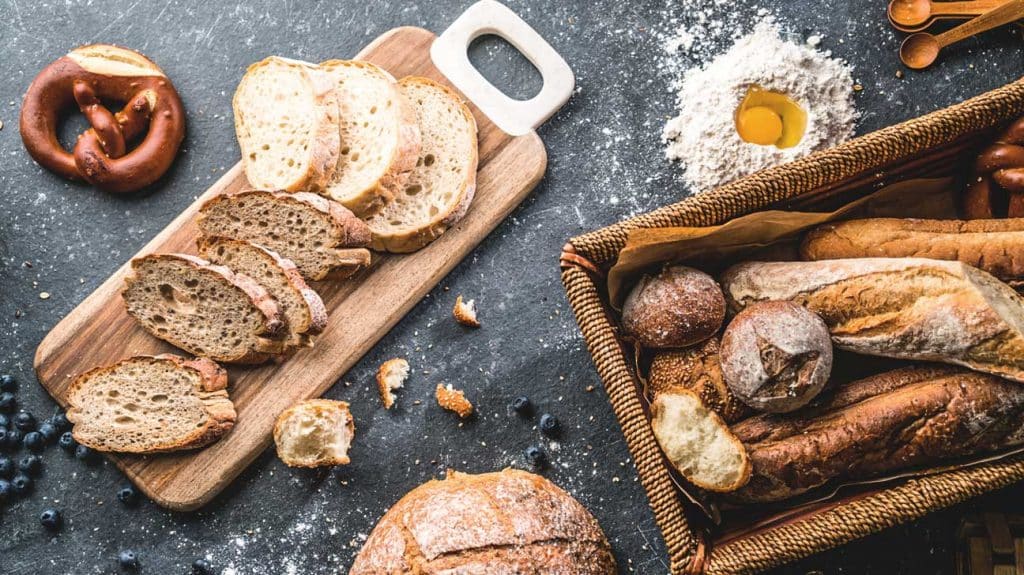Gluten free diet – YES or NO?
With the latest dietary trends, gluten has raised a lot of dust. Many people label it as one of the main causes for obesity and digestive problems. However, people who do not have Celiac disease or are not hypersensitive to gluten are not harmed. On top of that, improper elimination of gluten from the diet can have negative consequences. Here we will reveal the pros and cons of gluten and a gluten-free diet.
What is gluten?
Gluten is a protein found in some cereals, and makes the bread and cereal products elastic and chewable, thus it is an important ingredient of bakery products. It is the only protein in food that stomach acid cannot break down, which in the case of celiac disease can lead to inflammation of the intestines. In healthy individuals, the intestinal villi in the small intestine absorb nutrients into the blood. In case of celiac disease, gluten irritates the intestinal villi, or even triggers an immune response. In such a case, regular gluten consumption can lead to damage or breakdown of the intestinal villi and consequently poor absorption of nutrients.
The biggest risks of a gluten-free diet:
The biggest risk is definitely an unbalanced diet and consequently lack of essential nutrients. Gluten-free substitutes for bread and muffins are just as unhealthy as those with gluten. In addition, due to the processing of products, which is inevitable, such products can lose some very important nutrients, such as: fibre, iron, zinc, B-complex vitamins, calcium and phosphorus. Moreover, such products tend to contain more calories and sugar, as gluten gives food a flavour which needs to be replaced in gluten-free products. Some people mistakenly believe that a gluten-free diet helps with weight loss, but the opposite can happen due to excessive intake of calories, carbohydrates and sugar. In addition to losing weight, we are also malnourished, which leads to malaise and possible health problems.
Pros of a gluten-free diet:
We can only talk about the benefits of a gluten-free diet when we enjoy foods that are already naturally gluten-free, such as fruits, vegetables, whole grain gluten-free cereals, lean proteins, healthy fats. In this case, a gluten-free diet is healthy as we avoid the intake of refined carbohydrates and sugar. So, we may also lose some extra kilos and improve overall well-being. However, for people who are not hypersensitive, the gluten from whole grains doesn’t cause any problems.
Which foods are recommended and which are not?
It is recommended to eat naturally gluten-free cereals such as quinoa, amaranth, buckwheat porridge, millet porridge, corn. In addition, legumes, seeds and nuts, fruits and vegetables, eggs, fish and lean meats.
We should avoid bread, beer, cakes and pies, biscuits and crackers, croissants, pasta and processed foods.
Shopping tip: the sign gluten-free does not mean that it is also healthy, the amount of sugar and the energy value of the product are important.
